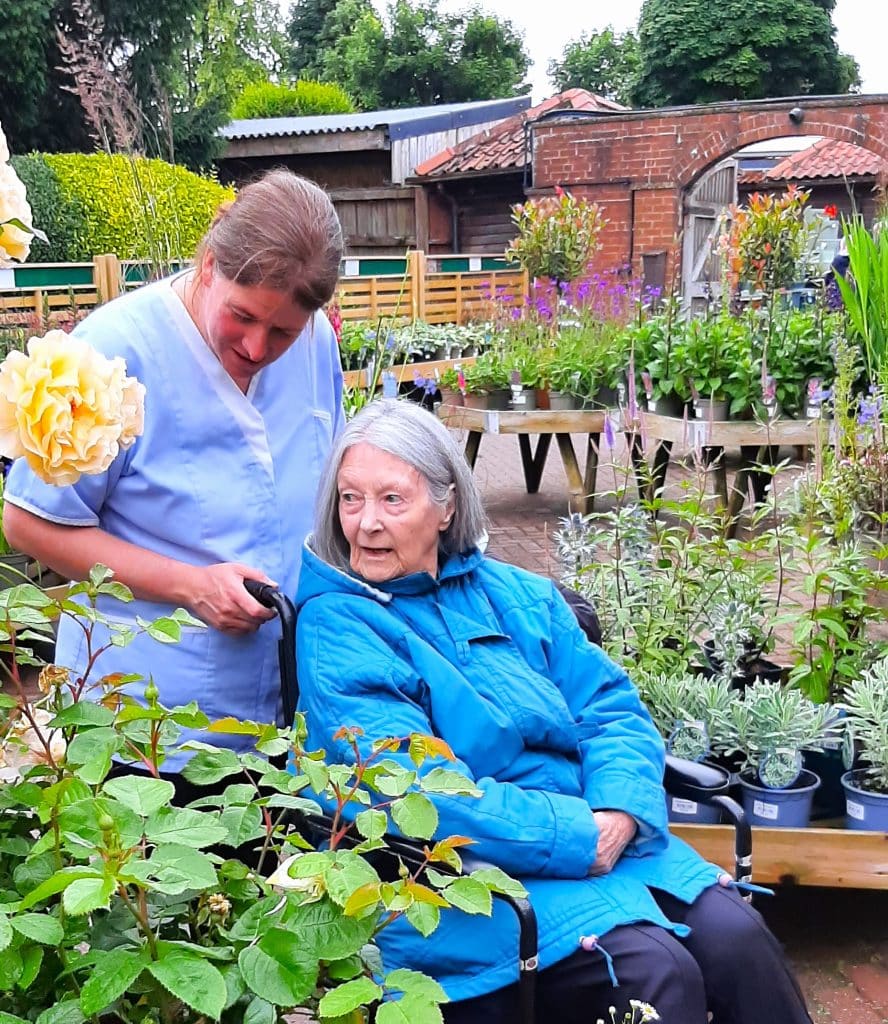Types of Care

Residential Care
Personal Care, or Residential Care as it is often known as, is care provided by trained carers rather than nurses. People who require personal care may need assistance with washing, dressing, eating and mobilising. They may need input from District Nurses and the Home would involve other professional services as necessary.

Nursing Care
Nursing Care means that the care provided is overseen by a Registered Nurse. Care may still be provided by trained carers, but there will be a Registered Nurse on duty at all times, who will be responsible for the overall provision of your individual care needs.

Dementia Care
The term ‘dementia’ describes a set of symptoms that include loss of memory, mood changes, and problems with communication and reasoning. There are many types of dementia. The most common are Alzheimer’s disease and vascular dementia. Our staff receive specific training to be able to help and stimulate residents with dementia.

End of Life Care
As we approach the end of our life, we may need extra, person-centred support and care. This can be to ensure that we receive the care we need, keep us pain free and offer us the support we need.

Specialist Care
Specialist services support people with a range of rare and complex conditions, this can include treatments provided to patients with complex medical or surgical conditions.

Respite Care
Respite care is short term care that allows a carer to have a break, whilst ensuring that their loved one receives the care that they need. Respite care can be planned which allows a carer to schedule breaks, or it could be to help with an emergency.

